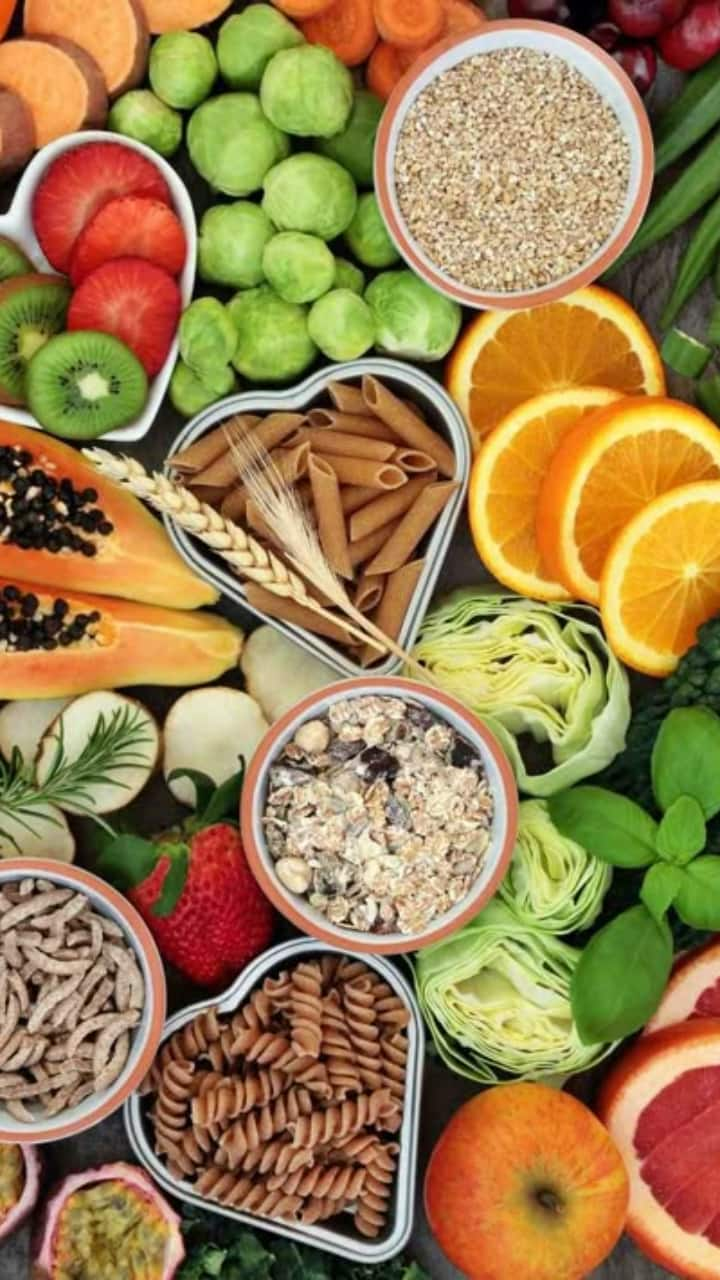
7 Things To Avoid For A Flat Stomach


Fiber Intake
A diet low in fiber and high in refined carbohydrates can promote weight gain, while soluble fiber helps reduce belly fat accumulation.

Added Sugar Intake
Consuming excessive added sugars, particularly from sugar-sweetened beverages, can significantly contribute to increased belly fat and weight gain.

Alcohol Consumption
High alcohol intake is linked to abdominal fat accumulation, as it contains many calories and can increase appetite and poor food choices.
Trans Fats
Artificial trans fats, commonly found in processed foods, are associated with inflammation and may contribute to the accumulation of belly fat.
Protein Consumption
Adequate dietary protein can aid in weight management by promoting fullness and supporting muscle growth, which helps burn calories.
Gut Health
An imbalance in gut bacteria may contribute to weight gain, including abdominal fat, highlighting the importance of a healthy microbiome.
Cortisol Levels
Chronic stress elevates cortisol production, which can lead to increased abdominal fat storage and unhealthy eating behaviors.
Disclaimer
(This web story is meant for informational purposes only and must not be considered a substitute for advice provided by qualified medical professionals.)
